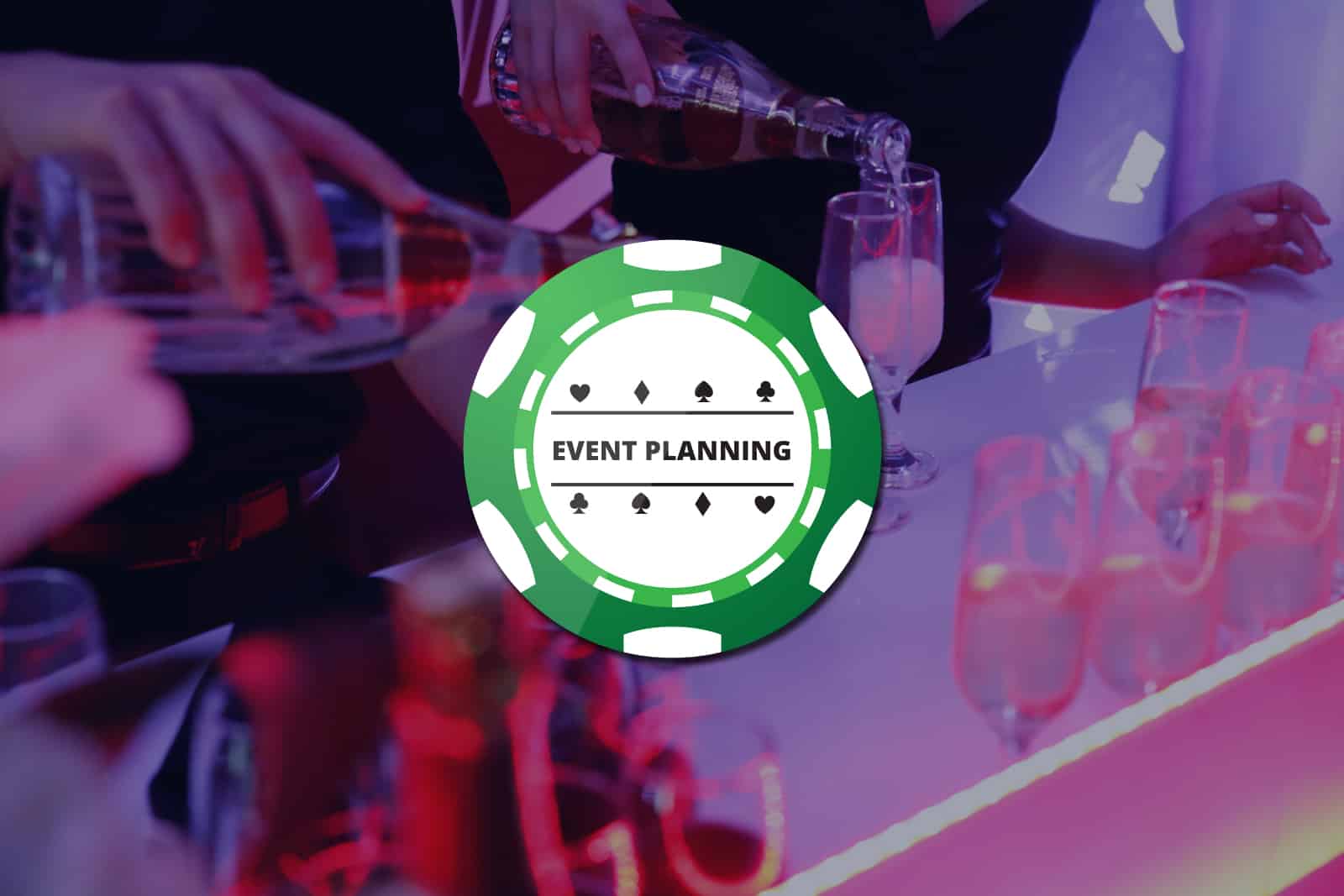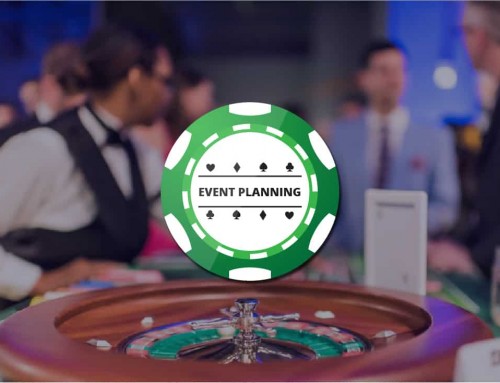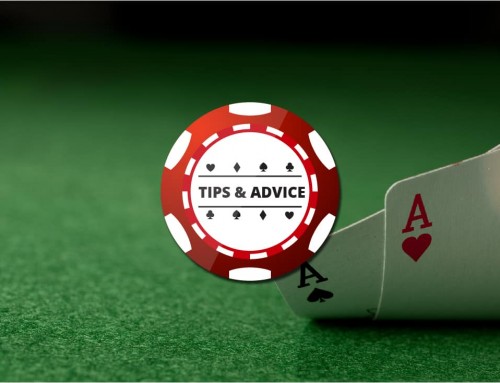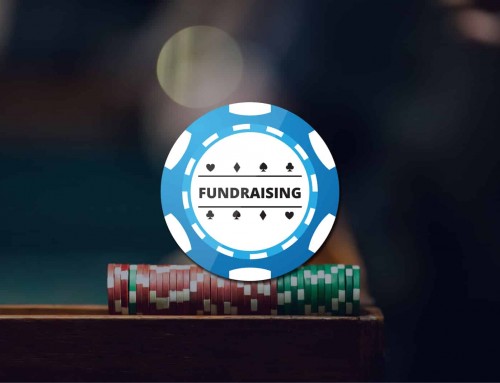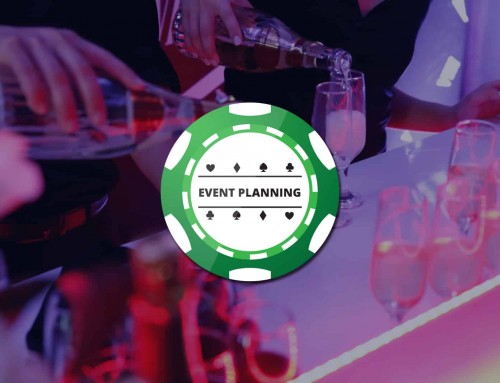5 Steps to Effectively Handle Complaints
One of the fundamentals of any successful business practice is to always put the customer first.
But that can become a rather difficult task if you get a complaint from an attendee in the middle of an event, when you are already juggling dozens of different things you have to keep tabs on at all times. Still, just as in any other field, event production is a reputation business, and ignoring complaints can quickly ruin even the best reputation.
So, How Should You Handle Complaints at Events?
There are a few practices that should always be kept in mind, which help to find a constructive and positive solution to the problem, often turning an annoyed attendee into a lifetime, loyal follower.
Listen Carefully
The very first thing you should do, which is actually something that many of even the best event management companies fail at, is to allow the attendee to explain exactly what the problem is.
Once again, it’s understandable that you and your staff have a lot on your plate as it is, but actually hearing out the complaint might give you invaluable feedback on how to improve your event production, or even allow you to spot a potential crisis early on.
It might be a good idea to have someone available in this scenario to take complaints, but even if there isn’t, it might serve you well to take care of the matter personally and hear the complaint in detail.
Retain a Positive Attitude
The attendee making a complaint can often be irritated and upset – he is unhappy about a part of your event and wants you to resolve it as soon as possible.
But, while he might not be very friendly and come to you with a rather negative attitude, you simply can’t allow yourself to show the same attitude towards him. The old adage goes that the customer is always right, and you should stick to it no matter what.
Getting frustrated or annoyed with a complaining attendee can quickly escalate the problem and that will only lead to more negative consequences. Always remain positive and professional, and try to see the problem from the customers’ perspective.
Take Immediate Action
Once you know what the problem is, you have to nip it in the bud immediately.
Make it your number one priority to solve the problem as quickly as possible, before it affects more attendees and potentially damages or even ruins the entire event. Identifying the problem is important, but it will not serve any purpose if you don’t perform damage control efficiently.
Don’t Avoid Blame
Failing to acknowledge when a mistake is made is a common error and one any event planner can make. Often pride can get in the way or the planner is mistakenly thinking she is protecting the company’s image.
The fact is that everyone makes mistakes, but what separates the respected companies from those that have a shady reputation is how they respond to their mistakes. If something has gone wrong, apologize and try to move forward.
Find a Solution to the Problem
Finally, once you control the situation, you have to ensure that it doesn’t happen again –informing your staff of the changes needed to avoid the situation in the future is the final and perhaps the most important step.
All mistakes are, in the end, a learning experience, so treat them as a way to improve your practices – pinpoint the weak links of your organization that caused the problem, and then make the necessary adjustments to avoid similar situations in the future.
Summary:
Dealing with complaints efficiently and constructively is one of the main pillars of a successful business, but it’s even more important in the events industry, where there are so many things that can go wrong in an instant.
Therefore, taking notice of any complaints, keeping a professional and positive attitude towards your clients and quickly finding a solution to the problem are all key steps that should be consistently practiced, treating each crisis as a learning experience.
